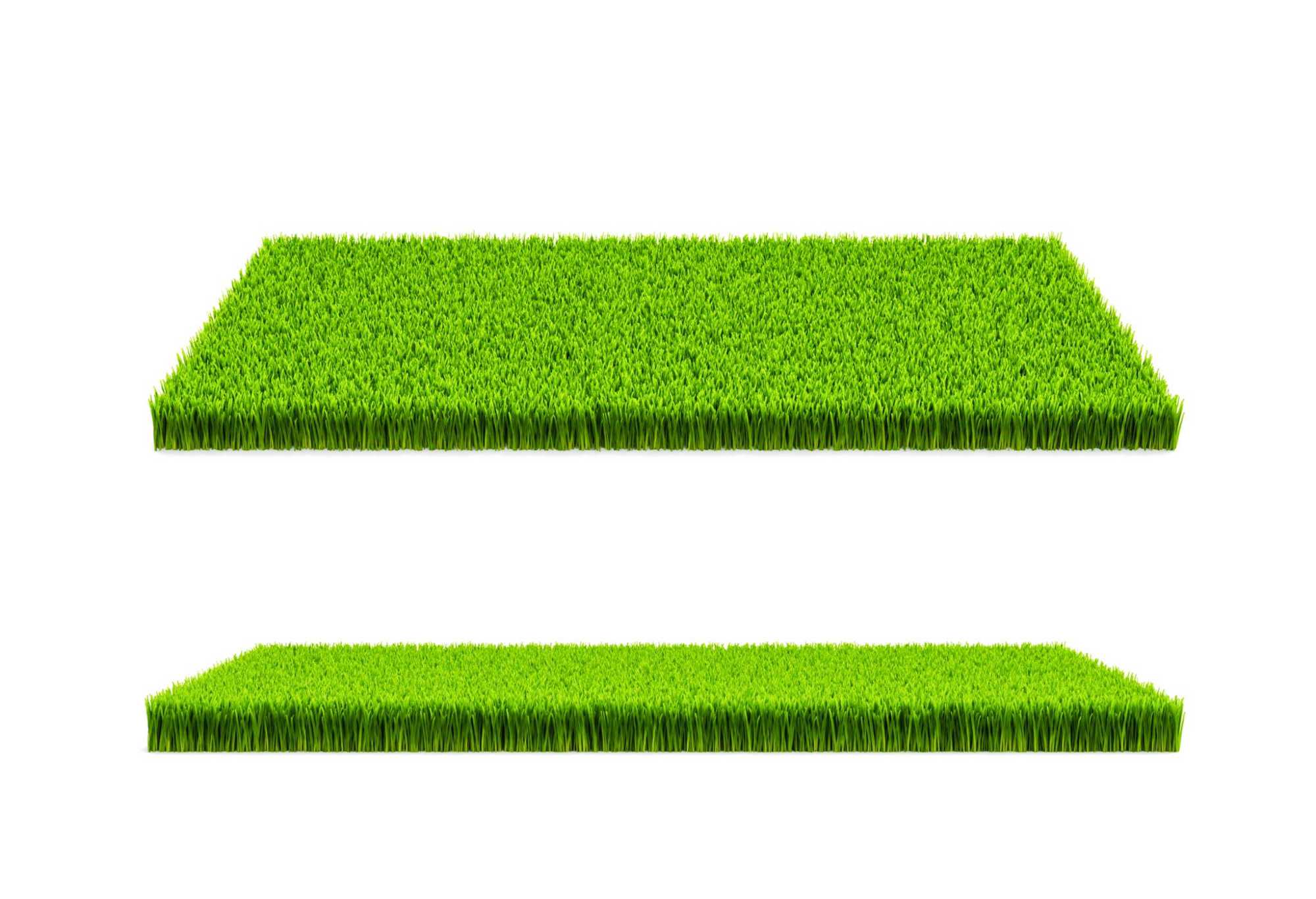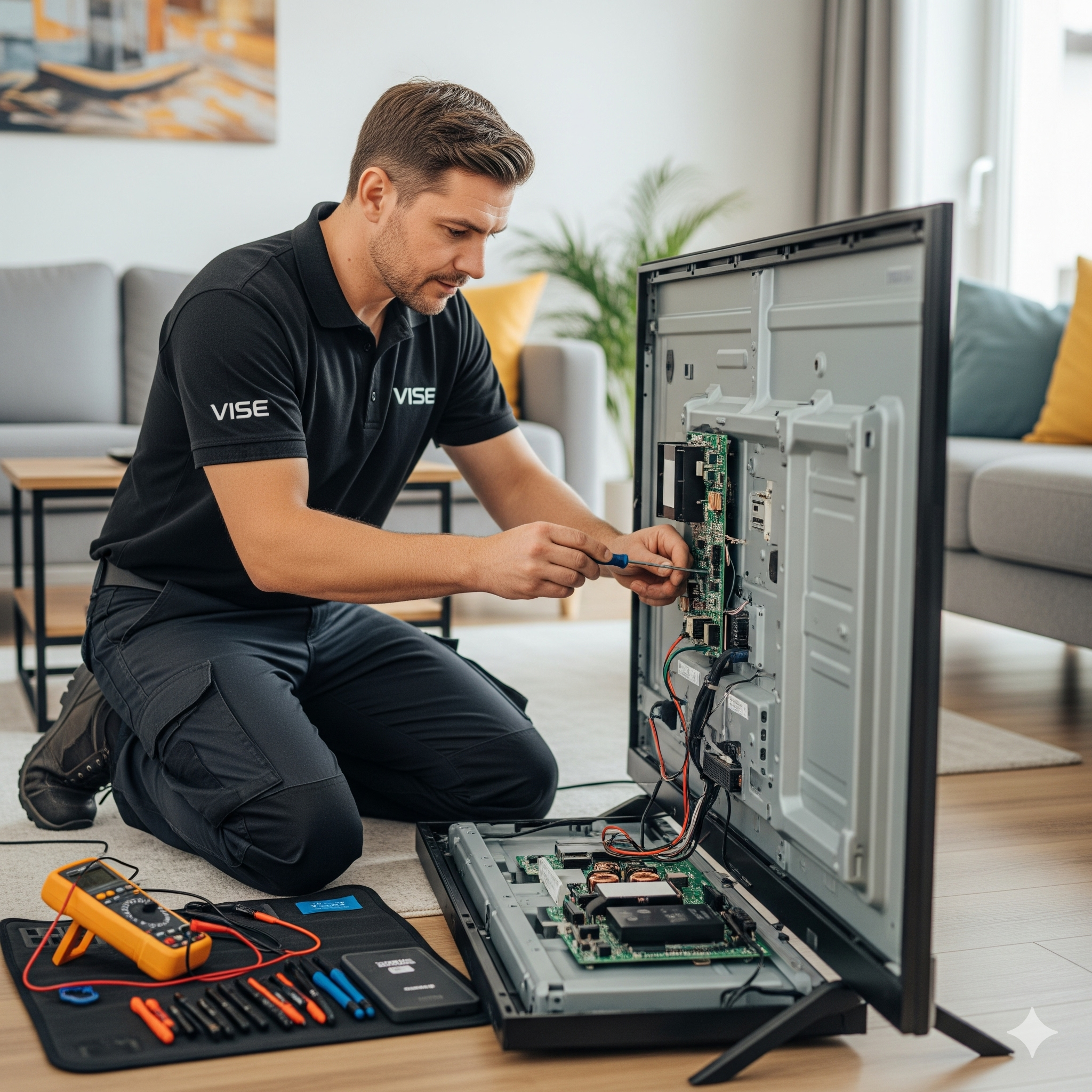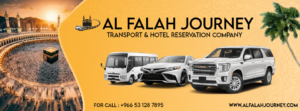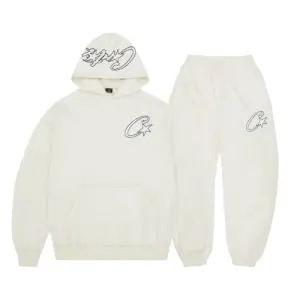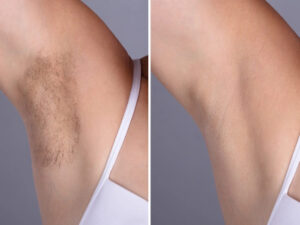Key Future Growth Trends in the UAE Artificial Turf Market
The artificial turf market in the United Arab Emirates has evolved remarkably over the past decade. Once limited to sports facilities and luxury properties, artificial grass has now become a mainstream landscaping solution for both residential and commercial projects. With sustainability, water conservation, and modern aesthetics driving new urban developments, the UAE’s artificial turf market is set for substantial growth in the years ahead. Businesses looking to enter or expand within this sector must keep an eye on several emerging trends that are reshaping consumer demand, technological advancements, and environmental expectations. Whether you are an artificial grass supplier in UAE or planning to invest in the sector, understanding these future trends will be essential for long-term success.
The Rising Demand for Sustainable Landscaping Solutions
Sustainability has become a central pillar of the UAE’s development goals. As part of the country’s efforts to reduce water consumption and environmental footprint, artificial turf has emerged as a leading alternative to natural grass. The UAE’s desert climate makes maintaining real grass expensive and resource-intensive due to the continuous need for irrigation, fertilizers, and maintenance.
Artificial turf provides a sustainable alternative by significantly reducing water use and eliminating harmful chemical applications. Future market growth will likely continue to align with sustainability trends, as both government and private sectors emphasize eco-friendly landscaping. The UAE’s Green Building Regulations and the push for sustainable urban environments will further enhance the role of artificial turf in both residential and public spaces.
Smart Cities and Green Urbanization
The UAE’s ongoing investment in smart cities is one of the strongest catalysts for artificial turf demand. Developments such as NEOM-inspired projects, eco-parks, and intelligent infrastructure planning prioritize green aesthetics integrated with technology. Artificial turf fits perfectly into these futuristic projects because it offers visual appeal with low maintenance requirements.
As cities like Dubai and Abu Dhabi expand their green zones and rooftop gardens, artificial turf provides a reliable way to add greenery without straining natural resources. Businesses should anticipate growth in urban landscape installations, especially within mixed-use developments, schools, hotels, and entertainment zones.
Integration of IoT and AI in Maintenance
Another noteworthy trend is the integration of technology into turf management. As smart city projects grow, there is increasing interest in using IoT sensors to monitor artificial turf performance, temperature, and wear patterns. Data-driven maintenance helps extend the lifespan of turf installations and improves cost efficiency. This tech-enabled approach will likely become a defining feature of premium turf solutions in the near future.
Expanding Sports Infrastructure
Sports and recreational development remain among the most significant growth drivers for the UAE’s artificial turf market. The region’s passion for football, golf, and other sports has led to a rise in demand for high-quality artificial playing surfaces. Artificial turf is now widely used in football pitches, school playgrounds, indoor sports arenas, and training centers due to its durability and year-round usability.
The government’s continuous investment in community sports programs and facilities will continue to stimulate this demand. Moreover, the introduction of advanced turf systems that mimic natural grass performance has encouraged sports organizations to adopt synthetic solutions at a faster pace. Businesses that specialize in providing sport-grade turf with advanced shock absorption and drainage systems will find growing opportunities.
Shift Toward Premium Quality and Aesthetic Appeal
Consumer preferences are shifting from basic synthetic grass to more realistic, soft-touch, and visually appealing designs. High-end residential and commercial customers are now seeking artificial turf that not only serves practical purposes but also enhances the aesthetic beauty of outdoor spaces. As a result, manufacturers and artificial grass supplier in UAE markets are focusing on innovation in fiber shape, texture, and UV protection technologies.
In the future, product differentiation through innovation will become more important than ever. Turf that can withstand extreme heat, resist fading, and maintain a natural appearance over time will dominate market demand. Businesses that invest in research and product development will be well-positioned to capture premium market segments.
The Impact of Government Regulations and Policies
Government policies play a significant role in shaping the artificial turf industry in the UAE. As part of its environmental goals, the government has implemented strict measures to reduce water consumption in landscaping. The growing emphasis on green building certification and sustainable materials further supports artificial turf adoption.
In addition, municipal projects and housing developments are increasingly incorporating synthetic grass in their design guidelines. This growing regulatory support ensures consistent demand across both public and private sectors. Businesses should monitor new government initiatives related to sustainability, as they often create new opportunities in landscaping and infrastructure development.
Technological Advancements Driving Innovation
Advances in material science and manufacturing have revolutionized the artificial turf market. The next wave of innovation will focus on recyclable and biodegradable turf materials that align with circular economy principles. Businesses should anticipate that environmental awareness will push manufacturers toward more eco-friendly product designs.
Heat-resistant fibers and improved drainage systems are also expected to see wider adoption due to the UAE’s extreme temperatures. These improvements not only enhance the user experience but also expand the usability of artificial turf across different applications, including rooftop gardens and outdoor recreational areas.
Growing Demand from the Hospitality and Tourism Sector
The UAE’s hospitality and tourism industry is a vital contributor to its economy, and artificial turf is increasingly being used to enhance hotel landscapes, pool areas, and resorts. The appeal lies in its low maintenance requirements and consistent appearance, which aligns with the industry’s need for efficiency and visual perfection. As new resorts, hotels, and entertainment facilities continue to develop, the demand for artificial turf installations will rise correspondingly.
The trend toward luxury outdoor experiences is another growth driver. High-end resorts and leisure complexes prefer lush green aesthetics that remain vibrant throughout the year, something artificial turf guarantees even in the harshest weather conditions.
Residential Market Expansion
While the commercial and sports segments dominate, residential demand is also on the rise. Many homeowners in the UAE are replacing natural lawns with artificial turf to reduce maintenance costs and water usage. As landscaping becomes a key feature of modern villas and residential communities, developers are increasingly using synthetic grass to improve visual appeal.
This trend is particularly visible in gated communities, rooftop spaces, and backyard gardens. Families value the cleanliness, safety, and versatility of artificial turf for children’s play areas and pet-friendly spaces. The growing residential adoption will continue to drive long-term stability in the market.
E-commerce and Digital Transformation in Distribution
Digitalization has reshaped the way consumers and contractors source artificial turf products. The shift toward online platforms allows customers to compare prices, review product specifications, and place orders directly with suppliers. This has encouraged artificial grass suppliers in UAE to invest in online marketing, virtual showrooms, and digital consultation services.
Businesses that enhance their digital presence can reach a wider audience, streamline order fulfillment, and provide real-time customer support. Future growth will depend heavily on how effectively companies adapt to e-commerce models and use digital tools to enhance customer experience.
Price Sensitivity and Market Competition
The UAE artificial turf market is becoming more competitive as new entrants join the field. While premium products command high margins, price sensitivity remains a key factor for many consumers. Companies must find a balance between offering cost-effective solutions and maintaining product quality. Competitive pricing strategies, coupled with value-added services such as installation and after-sales support, will help companies stand out.
Additionally, the use of sustainable manufacturing and local sourcing can reduce costs and appeal to environmentally conscious clients. Businesses should focus on building trust through transparency in product quality, certifications, and performance guarantees.
Future Outlook: Innovation, Sustainability, and Growth
Looking ahead, the UAE artificial turf market is poised for steady growth driven by sustainability initiatives, advanced technology, and urban development projects. The combination of rising environmental awareness, government support, and consumer preference for low-maintenance landscaping ensures that artificial turf will remain a strong contender in the green infrastructure space.
As the market matures, businesses that prioritize innovation, sustainability, and customer satisfaction will lead the competition. The focus will increasingly shift toward eco-friendly materials, realistic aesthetics, and smart integration with urban design.
Emphasis on Circular Economy
Sustainability in the artificial turf industry is moving beyond just reducing water usage. There is growing emphasis on end-of-life management and recyclability of turf materials. Future regulations may require suppliers to adopt circular economy practices, where turf can be repurposed or recycled rather than discarded. This presents both a challenge and an opportunity for forward-thinking businesses to lead the market transition.
Final Thought
The future of the UAE artificial turf market is defined by innovation, sustainability, and digital transformation. As cities grow greener and smarter, artificial turf will play a crucial role in creating sustainable outdoor environments that align with national goals. Businesses must stay ahead by embracing technological advancements, improving quality standards, and focusing on environmental impact. Whether you are an established artificial grass supplier in UAE or exploring new market opportunities, the coming years promise exciting possibilities for growth, creativity, and transformation in the artificial turf industry.
